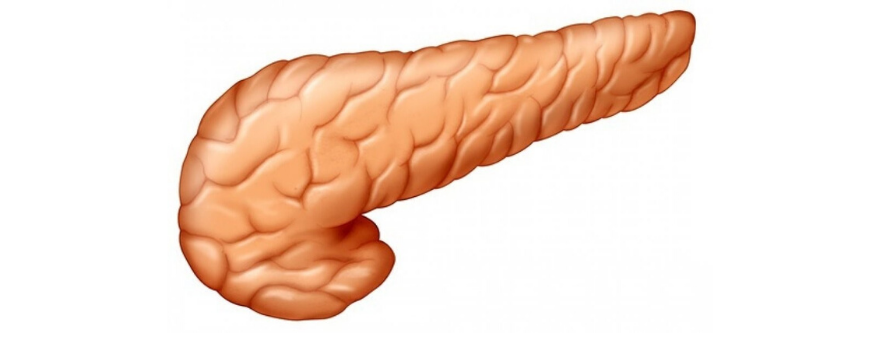The pancreas: Tiny, fleshy but necessary
Guest blogger, Jee Ji Ong (Pre-reg Pharmacist at Kellaway Pharmacy Bristol) writes this engaging and interesting article highlighting the importance of knowing about your pancreas, Pancreatic Cancer Action's bold new campaign 'This isn't what you think it is! #PancreasNotPenis' and pharmacy involvement in early diagnosis.

One beautiful afternoon in November, you came across two volunteers in purple shirts, holding collection boxes, fundraising for Pancreatic Cancer Action in a mall. Without any hesitation, you donated five pounds to the charity and whistling your way home thinking that you did an excellent job for helping a noble cause.
You have probably heard of or know what pancreatic cancer is and how deadly the disease can be. But have you ever wondered what a pancreas is? Why this penis shaped-like organ exists in our body and how it affects our daily life?
Shockingly, almost a quarter of the people in the UK failed to identify where the pancreas is, let alone the role of the pancreas in our body. The pancreas isn’t seen or felt in our day to day lives, which is why most people don’t know as much about the pancreas as they do about other parts of their bodies. However, it plays a vital role in our digestive system and acts as a controller of our blood sugar levels in the body.
The name pancreas is derived from the Greek words meaning “all flesh”, was named after its meaty appearance by a Greek physician.
It is approximately 6 inches long and shaped like a pear lying deep in our belly. A part of the pancreas is sandwiched between the stomach and the spine and the other part is nestled in the first part of the small intestine (duodenum). Try visualising the position of the pancreas by touching your right thumb and right “pinkie” finger together, keeping the other three fingers straight and then place them in the centre of your belly just below your ribs pointing towards your left. That will be the approximate size and the location of your pancreas.
The pancreas has two main jobs in our body.
It produces pancreatic juices which contain substances called enzymes. These enzymes help us to break down the food so our body can absorb it. Besides, the pancreas also makes hormones, including insulin and glucagon, which controls the blood sugar level.
Without a pancreas, our body would not be able to digest and absorb essential nutrients from the food.
It also affects our digestive system, leading to constant indigestion and bloating accompanied by a burning and uncomfortable feeling in the chest. If our body does not respond to its own insulin effectively, this will cause a sudden rise in our blood glucose level, resulting in type 2 diabetes.
This lumpy, meaty and unlovely looking organ might be tiny in size, but its’ presence makes a significant impact in our daily lives.
The silent killer
Pancreatic cancer is known as the “silent” killer, it tends to present late which accounts for its poor prognosis. Due to the deep location of the pancreas, uncontrolled growth of the cells in pancreas develops into a lump (tumours), and they are often difficult to be diagnosed. Some common symptoms of pancreatic cancer include unexplained weight loss, indigestion, jaundice and abdominal pain. Pancreatic cancer is rarely painful.
This also explains why most signs of the pancreatic cancer are quite vague and do not appear until the tumours are big enough to interfere with the function of the pancreas or other nearby organs such as stomach, liver and intestines. Surgery, followed by chemotherapy, is the only way to cure pancreatic cancer completely. However, once the tumour has spread, the disease is incurable.
Early diagnosis saves live
Pancreatic cancer is a nasty disease, and early detection could save lives. Patients whose disease diagnosed in its early stages have better outcomes and a patient’s survival can be increased up to ten-fold. The biggest challenge in pancreatic cancer awareness is not cancer itself but lies with people who know too little about their pancreas.
Pancreatic Cancer Action has recently launched a bold new campaign; ‘This isn’t what you think it is! #PancreasNotPenis’ in light of raising more awareness of the pancreas. Pancreatic cancer is a fierce battle and we need your help. Do your part by getting know more about your pancreas and recognise the symptoms; you might just save someone’s life!
The pancreas is a tiny, lumpy and fleshy organ, but it is necessary for our lives. Partnering with PCA, we can all make a difference and save lives.